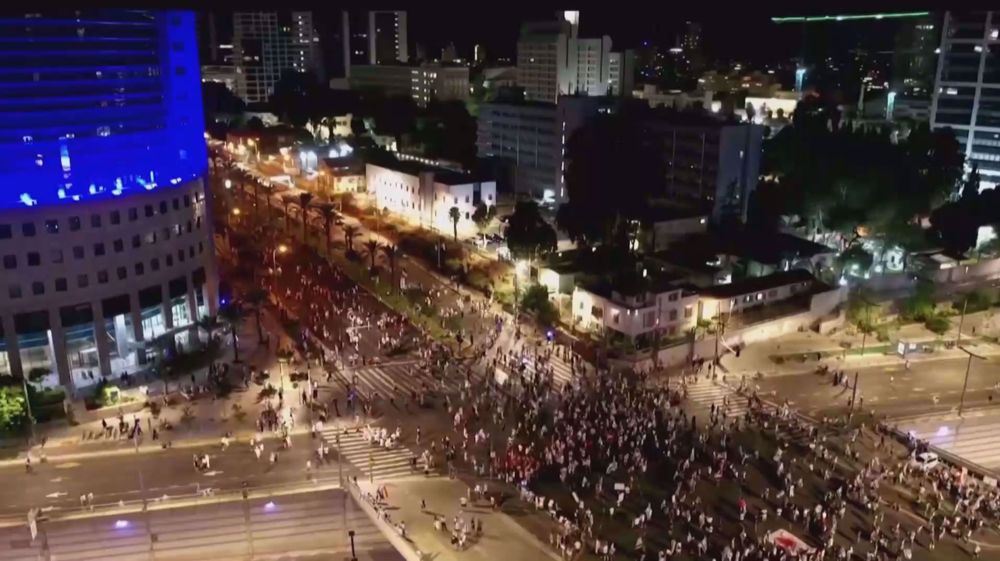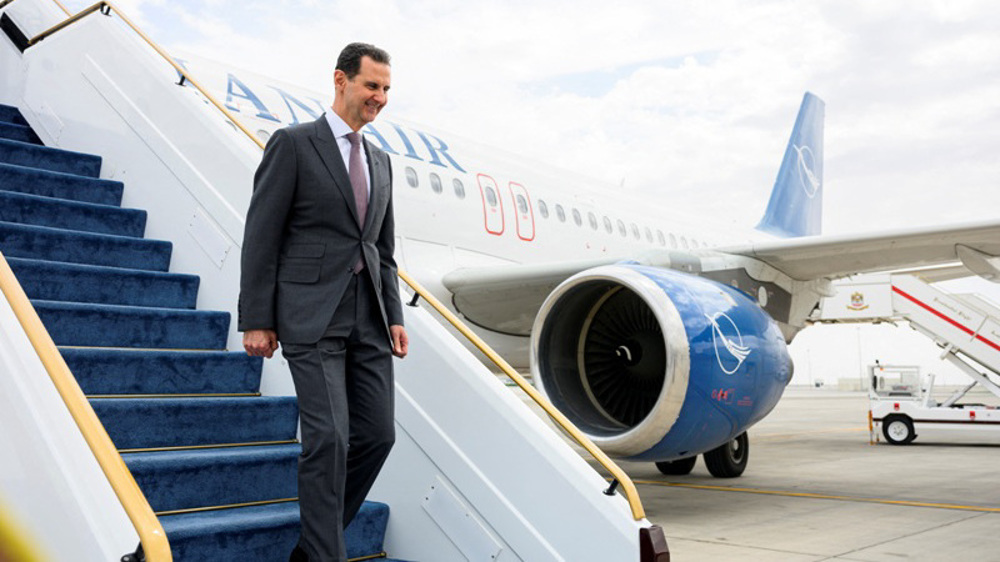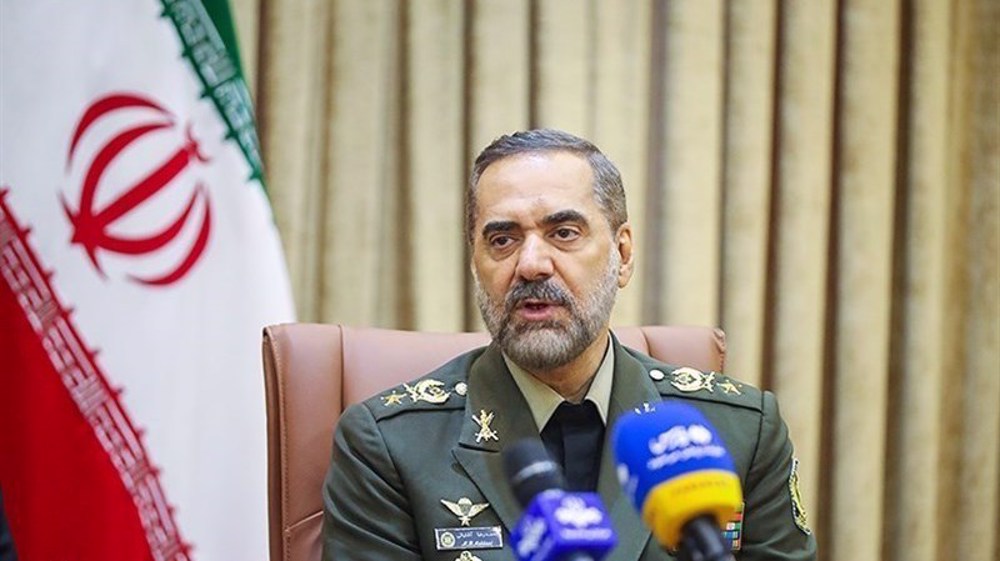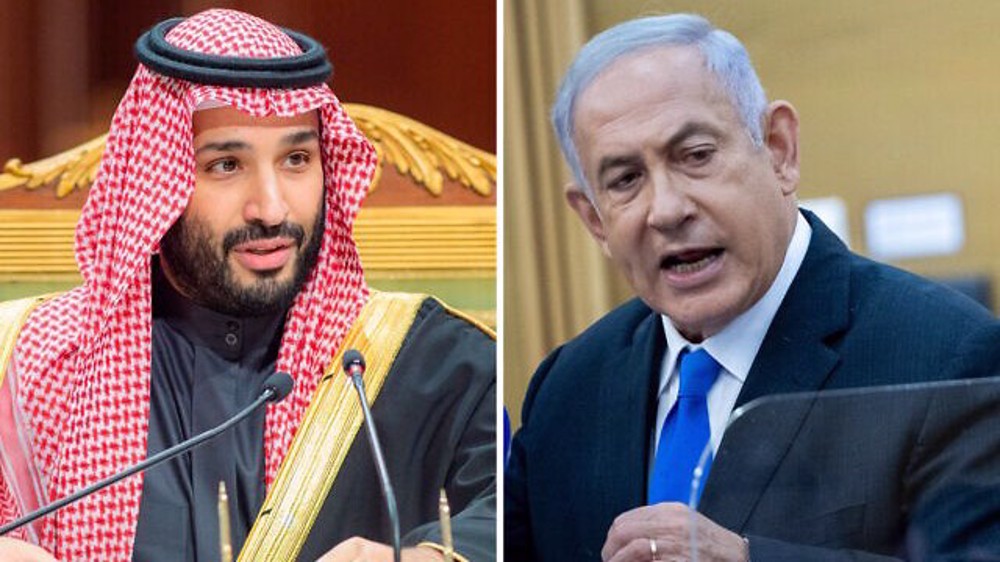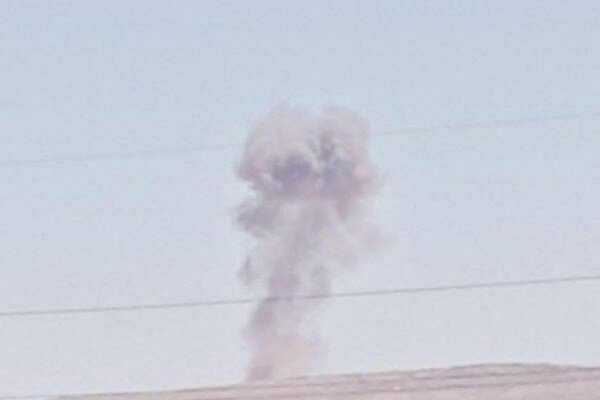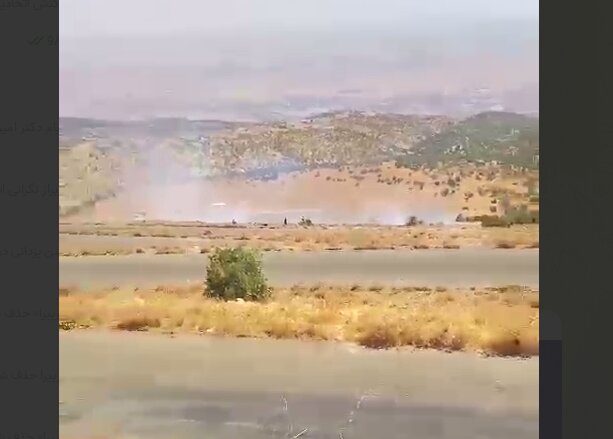Thousands have rallied in dozens of locations throughout the occupied Palestinian territories for the 37th consecutive week to denounce the hard-right Israeli cabinet’s extremist policies.
Usually held every Saturday, this week’s demonstrations were held on Sunday, with the coastal city of Tel Aviv attracting the largest crowd as was the case in previous weeks.
Participants held up placards and chanted slogans against Israeli Prime Minister Benjamin Netanyahu, who was about to fly to New York for the 78th session of the United Nations General Assembly.
Similar protests were held in other cities across the occupied territories, including the holy city of al-Quds as well as in Haifa, Rehovot, Eilat and other locations.
Hundreds also gathered at Ben Gurion Airport, from which the premier was expected to depart for New York. While some protesters chanted for Netanyahu to “go and don’t come back,” others highlighted that he has not been invited to the White House.
The protests have been a fixed weekly event since January, when Netanyahu announced an overhaul scheme, which seeks to rob the regime’s Supreme Court of the ability to invalidate the decisions made by the politicians.
Proponents of the overhaul say it helps redistribute the balance of power between the politicians and the judiciary. Its opponents, however, accuse Netanyahu of trying his hand at a power grab. They say the premier, who is on trial in three corruption cases for receiving bribe, fraud, and breach of trust, is also attempting to use the scheme to quash possible judgments against him.
Netanyahu’s far-right cabinet has already passed one of the scheme’s bills through the Knesset, which stripped the court of its power to strike down the cabinet’s decisions or appointments on the basis of being “unreasonable.”
The regime’s Supreme Court, for the first time in its history, convened its entire 15-judge bench earlier this month to hear an appeal against that bill, and is expected to issue its decision at a later date.
Protesters have also vowed to follow Netanyahu during his weeklong stay in the United States and are planning to hound him during his scheduled meetings in San Francisco and New York.
Earlier this week, activists projected a giant message onto the UN Headquarters building in New York, saying, “Don’t believe Crime Minister Netanyahu.”
“We will be waiting to greet him. In the air, on land and at sea. The whole world will know that Netanyahu is a liar. We will not allow him to…deceive world leaders with his speeches,” the activists said in a statement, adding, “The slogan projected on the UN building wall is just a small taste of what is awaiting the indicted defendant Netanyahu on his visit to NYC.”

